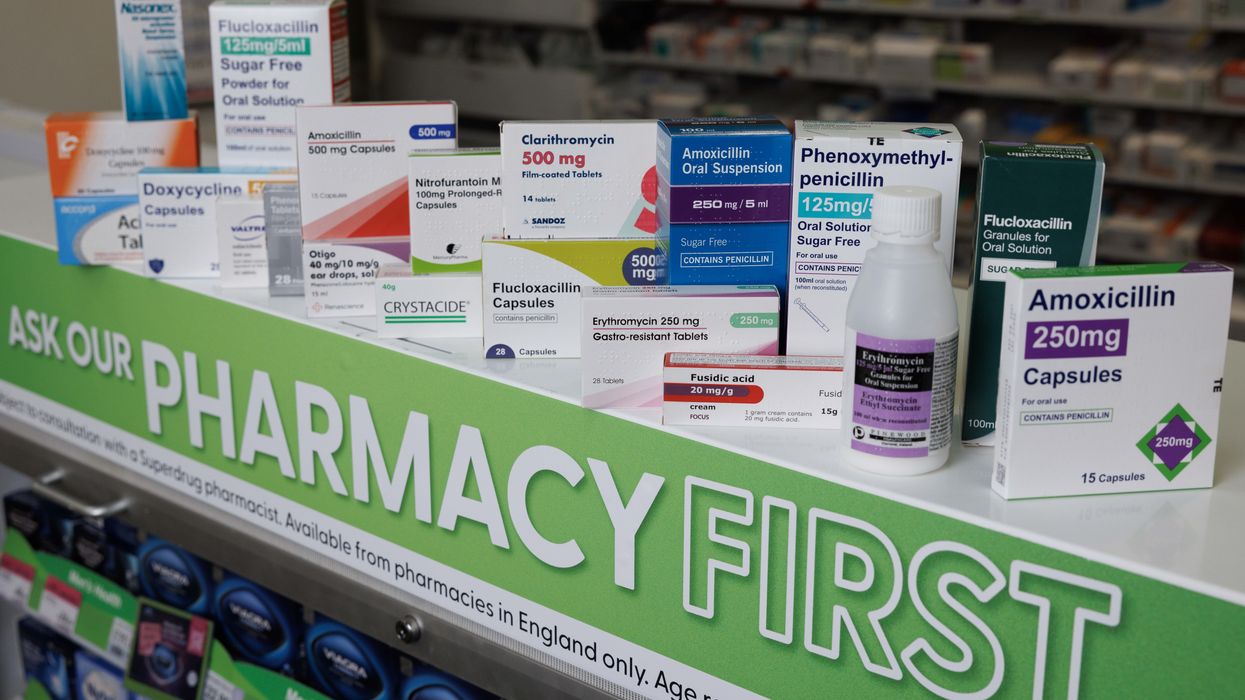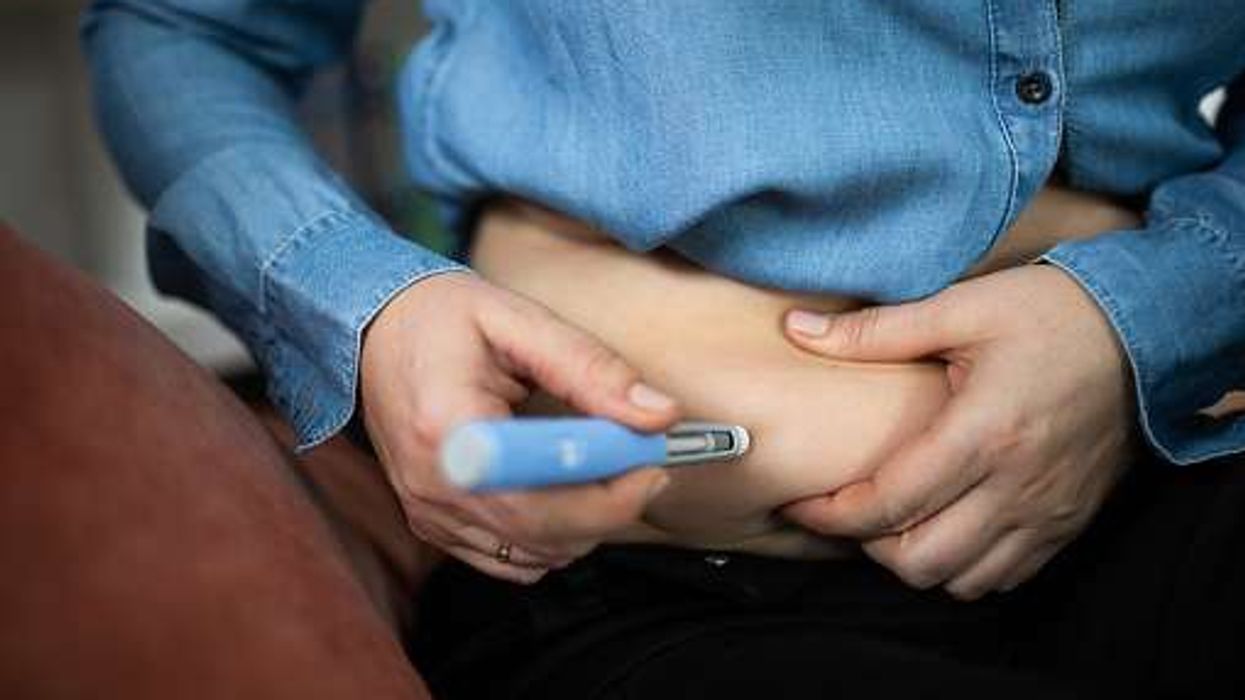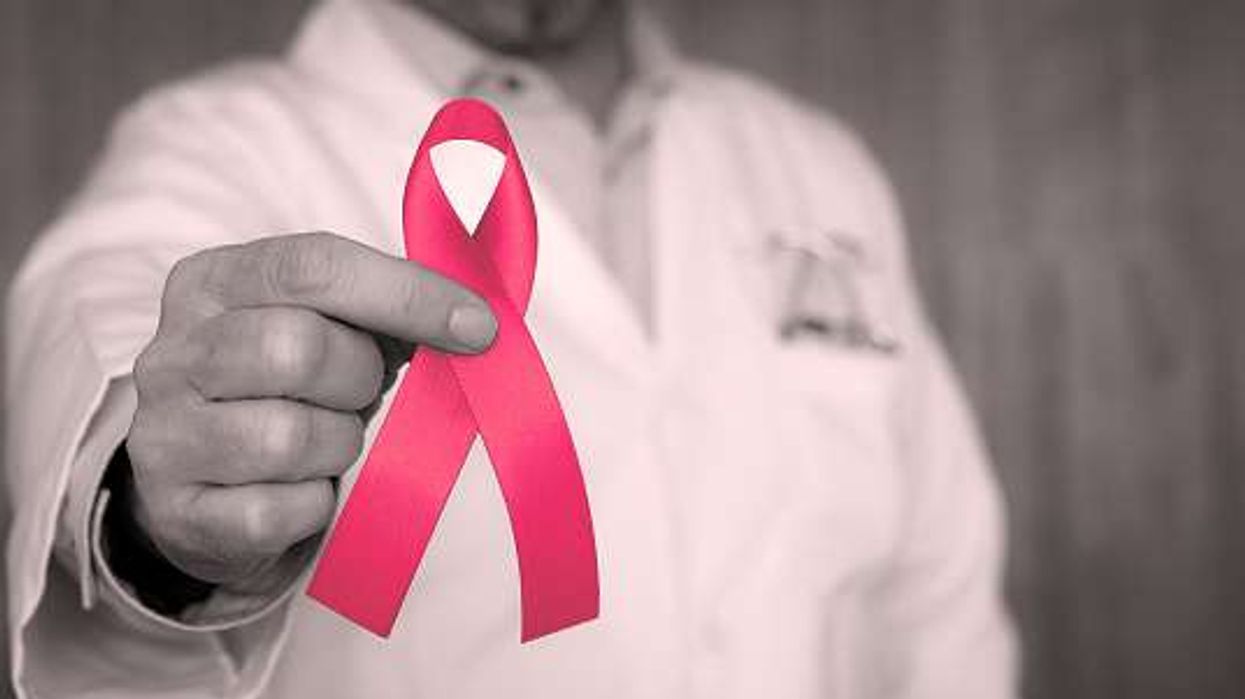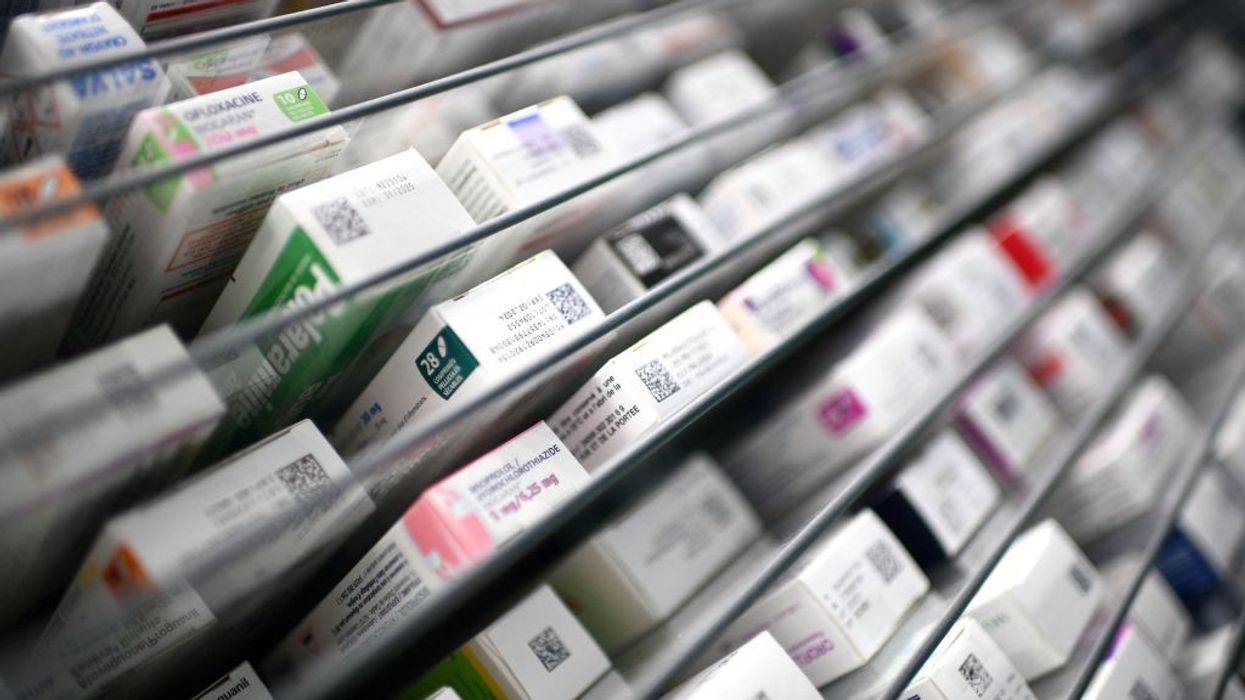Alcohol : We’ve all heard of Dry January, but that doesn’t mean that the first month of the year is the only one where you can quit the booze for an intermittent period. No, you can do it anytime and often it can be just the push you need to review your relationship with the hard stuff.
More and more of us are developing problematic relationships with alcohol, and the likes of addiction are on the rise. Attempting an alcohol detox can be a good way to understand your relationship, although if you are heavily reliant on the substance, it is worth doing it in a controlled and safe environment with professional care.
That said, for many of us that isn’t the case and giving up for a month can see a wealth of changes in your life. So, what can you expect exactly?
Improved Physical Health
First and foremost, your physical health will improve as a result. Alcohol is known for its empty calories and sugar. It’s why many of us develop beer bellys and gain weight when we drink regularly.
Ultimately, by cutting those calories, you’ll find it much easier to shed weight and the results can happen relatively quickly. What’s more, as alcohol slows down metabolism and can often lead to poor food choices like takeaways, eliminating it makes it much easier to manage your weight.
Alongside this, you’ll be better hydrated, with alcohol a dieretic that leads to dehydration. As a result, your skin will be healthier, your energy levels will increase and your digestion will improve.
Finally, by giving up for a month, it also gives your liver a break. We all know the dangers of liver damage as a result of alcohol and by moving off the booze, you can improve the functioning of your liver as it recovers, as well as your overall health.
Improved Sleep Quality
We often have a nightcap to help with sleep, but actually alcohol is more likely going to distrupt your sleep. That’s because the substance interferes with REM, which is vital for restorative rest.
With time off alcohol you’ll notice that your sleep cycles become more regular and the quality of sleep you are getting is much better, leaving you feeling fresher and with more energy every time you wake up.
Enhanced Mental Clarity
As we know after a night on the ale, alcohol can really cloud your judgement. That not only takes effect in the evening of drinking but also the likes of the morning after. Going alcohol free for a prolonged period will have a significant impact on your concentration and focus, as well as the stability of your mood.
That’s because alcohol is a depressant and removing it can reduce those feelings of anxiety and depression and contribute to overall better mental wellbeing.
Strengthened Immune System
Studies have shown that the immune system can be significantly affected by even moderate alcohol consumption. As the body is dealing with the toxins of alcohol it leaves us more susceptible to other infections and viruses, so by reducing the workload of the body by abstaining, the body has the time to ward off the likes of colds and flus.
What’s more, if you do catch something, your body may be able to recover quicker without alcohol in the system.
Enhanced Social Interactions
Finally, while you may not think it, as you may be less inclined to go to the pub to see friends as a result of ditching alcohol, your social life can really benefit.
That’s largely down to being able to hold more genuine and deeper conversations. There’s no hazy, half-cut conversations that you won’t remember in the morning, just proper conversations where you can likely touch on more important topics and really understand where your friends are at right now.
That can bring you closer together and be really beneficial for your overall relationships.












